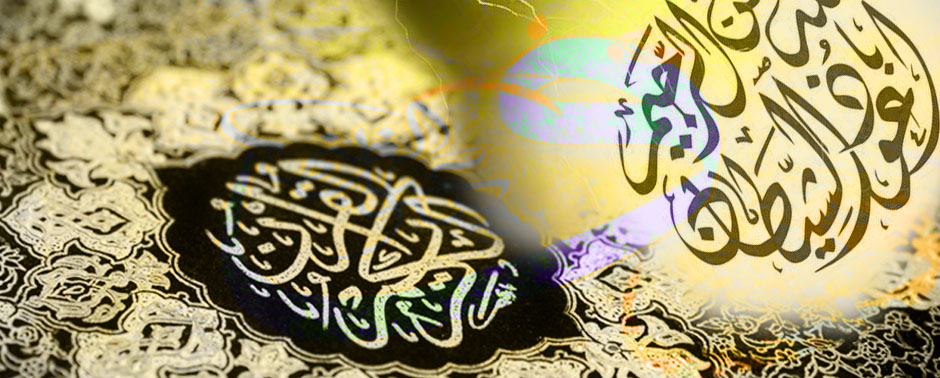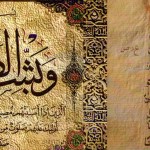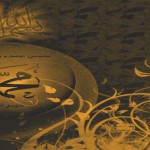Types of Shirk : To be or not to be a true Muwaheed
Among Muslim scholars, shirk is considered as the greatest sin and there are many types of it according to Islamic aqeedah. Shirk is against the very nature of Islamic aqeedah, tahweed, which is uniqueness and oneness of Allah(j.j)
Apart from some nations whom consider their history and their secular system above everything, we don’t see humans bowing down in front of statues in today’s world. However, this doesn’t mean mankind is not following false deities, in fact they do and they easily fall into the category of “such a sin that even the most merciful and compassionate Allah(j.j) won’t forgive.”
Shirk means to claim associate or partner or collaborator along with Allah’s(j.j) oneness.
There are 6 types of shirk:
1) Shirk-i Istiqlal : One of the most ancient forms of shirk, which is to accept there is more than one creator to all known and unknown universe. Like the evil and good duality or sky gods vs. earth gods mentality are examples to this type of shirk.
2) Shirk-i Tabeez : In this type of “belief system” the soul declares “one” supreme deity above all but tries to attach sons, daughters or mothers to this deity as if there could be such “associates”
3) Shirk-i Taqreeb : Here, the poor soul is derived into thinking that by worshipping “intermediate” icons and idols, he would feel closer to “one supreme deity”. This was the kind of shirk that were very common during the times in the early life of Prophet Muhammad(saw) in Mecca, which we call “jahilliyye” period, the age of ignorance. People of those times accepted the fact that universe was created by Allah(j.j) who is one and only but they believed that by showing some sort of respect to “intermediate” gods, they would be accepted by Allah(j.j) more. This is a classic example of “iconic paganism”. Since there can be an intermediate, why not multiply them? Thus, Mecca in those times were the home to more than 300 “gods” Holy Quran mentions them as :
Is it not to Allah that sincere devotion is due? But those who take for protectors other than Allah (say): “We only serve them in order that they may bring us nearer to Allah.” Truly Allah will judge between them in that wherein they differ. But Allah guides not such as are false and ungrateful. (Az-Zumar 39/3)
4) Shirk-i Taqleed : In this type of shirk, the person doesn’t try to attach false gods to Allah(j.j), believes that he is the only one and thinks that he follows tahweed closely but in practice, he follows exactly what his ancestors did, step by step, without really questioning if such “traditions” are compatible with “tahweed” or not.
Just in the same way, whenever We sent a Warner before thee to any people, the wealthy ones among them said: “We found our fathers following a certain religion, and we will certainly follow in their footsteps.” (Az-Zukhuruf 43/23)
5) Shirk-i Esbab : This type of shirk can easily be defined as “idolizing the causes and effects of nature. This type of shirk is very common in today’s “scientific” world where masses are forced into thinking that “nature” does everything, instead of one supreme deity.
6) Shirk-i Agraz : This is an individualist shirk, where the person truly believes and follows tahweed but in daily life he regards people’s judgement about himself above Allah’s(j.j) judgement. For instance, he is usually occupied with the question “What would people think if I do that?”. For true “muwaheed”, the follower of tahweed such question should be “What would Allah(j.j) think if I do that?”









You must be logged in to post a comment Login